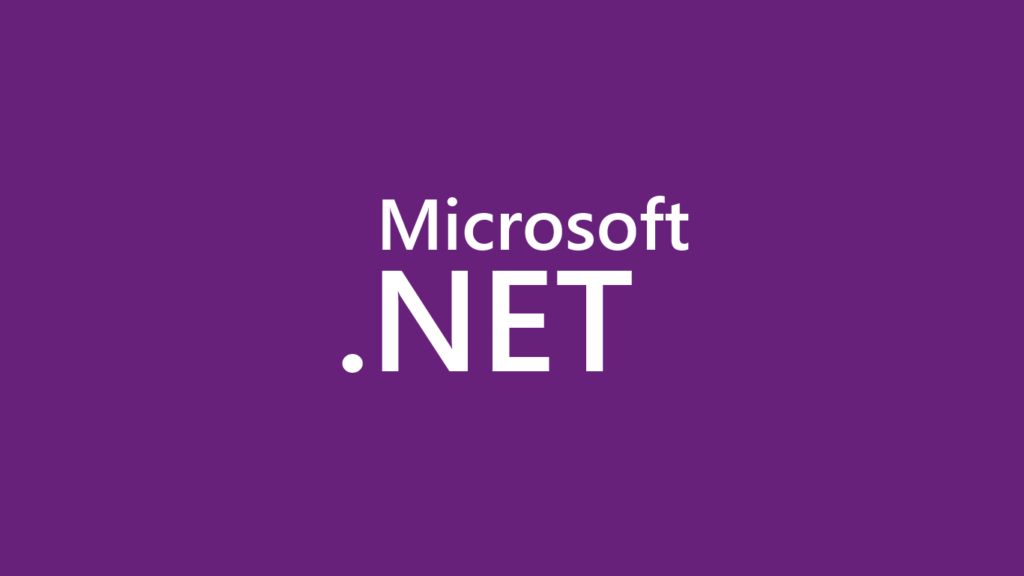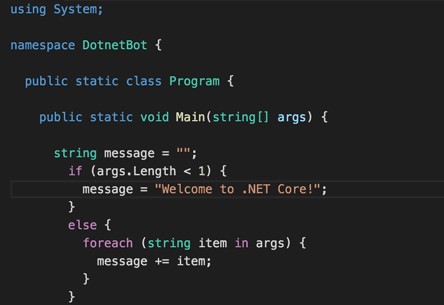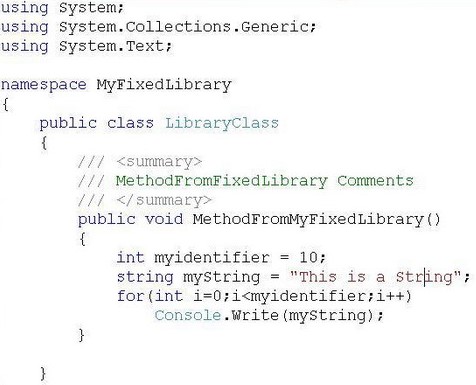Dotnet
WHAT IS DOTNET?
- .NET, commonly known as DotNet, is a software framework developed by Microsoft.
- It provides a platform for building and running various types of applications, including web, desktop, mobile, and cloud-based applications.
- The .NET framework offers a rich set of libraries, tools, and programming languages that facilitate application development and deployment.
- .NET provides a comprehensive framework for developing applications across different platforms and devices.

USE OF DOTNET
.NET provides a powerful platform for building web applications. Developers can use ASP.NET, a web application framework within the .NET ecosystem, to create dynamic and interactive websites. ASP.NET supports various programming languages, including C# and VB.NET, and offers features like server-side scripting, data access, authentication, and robust web controls.
With .NET, developers can build Windows desktop applications using frameworks like Windows Forms and Windows Presentation Foundation (WPF). These frameworks provide a rich set of controls and components for creating user-friendly and visually appealing desktop applications. Additionally, the integration with the .NET framework enables easy access to databases, file systems, and other system resources.
The .NET framework offers Xamarin, a powerful cross-platform development tool, for creating mobile applications. Xamarin allows developers to write shared code using C# and .NET and then compile it into native applications for iOS, Android, and Windows devices. This enables efficient code sharing, reducing development time and effort required to build apps for multiple platforms.
Microsoft Azure, a cloud computing platform, heavily relies on the .NET framework. Developers can leverage .NET to build and deploy cloud-based applications on Azure, taking advantage of its scalability, reliability, and extensive set of services. .NET Core, the cross-platform variant of .NET, provides additional flexibility for developing cloud-native applications and running them on various cloud providers.
WHAT ARE THE FEATURES OF DOTNET?
Language Independence: .NET supports multiple programming languages, including C#, VB.NET, F#, and more. This language independence allows developers to choose the language they are most comfortable with while leveraging the capabilities and libraries of the .NET framework.
Common Language Runtime (CLR): The CLR is the heart of the .NET framework and provides a runtime environment for executing applications. It offers features such as automatic memory management (garbage collection), exception handling, and type safety. The CLR ensures that .NET applications run efficiently and securely.


Base Class Library (BCL) – The .NET framework includes a rich set of class libraries known as the Base Class Library (BCL). The BCL provides a wide range of pre-built classes and APIs for common tasks such as file I/O, networking, data access, cryptography, and more. These libraries significantly speed up development by providing ready-to-use components.
Object-Oriented Programming (OOP) Support – .NET promotes object-oriented programming principles and provides robust support for OOP concepts such as classes, objects, inheritance, and polymorphism. This allows developers to build modular and maintainable code, enhancing code reusability and scalability.
Cross-Language Interoperability – .NET enables seamless interoperability between different programming languages. This means that code written in one language can call and use code written in another language. This interoperability facilitates code sharing and collaboration between teams using different languages within the .NET ecosystem.
THE BENEFITS OF LEARNING TO CODE WITH DOTNET
Versatility – .NET is a versatile framework that allows developers to build a wide range of applications, including web applications, desktop software, mobile apps, cloud-based solutions, and more. Learning .NET enables you to work on diverse projects and expand your skill set.
Industry Demand – .NET is widely used in the industry, particularly in the Microsoft ecosystem. Many businesses and organizations rely on .NET for their software development needs. By learning .NET, you position yourself for numerous job opportunities and increase your market value as a developer.
Productivity and Efficiency – The .NET framework offers a rich set of pre-built libraries, tools, and frameworks that accelerate development and boost productivity. With features like the Base Class Library (BCL), robust Integrated Development Environments (IDEs) like Visual Studio, and powerful debugging and testing tools, .NET empowers developers to write code faster and with fewer errors.
Language Flexibility – .NET supports multiple programming languages, such as C#, VB.NET, F#, and more. Learning .NET allows you to choose the language that best suits your preferences and project requirements. Moreover, since .NET languages share the same underlying framework, you can easily switch between languages and reuse code, enhancing your development efficiency.
